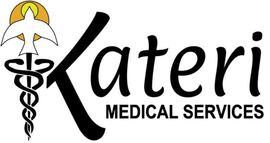|
The past four years have posed more challenges for the people we serve and to our work
in Nigeria than at any other time since we began twenty years ago. Many of these challenges have intensified in 2023.
0 Comments
Dear friends and supporters, Life has become increasingly more difficult for
the people of Nigeria in the past four years. The economy and unemployment are the worst in many years, kidnapping and general lawlessness have become an epidemic, and grinding poverty is getting worse for millions of people. Many of our current donors began giving in May of 2003 and continue to this day. Many others have joined us since then.
Serving More People Than Ever Before - The Impact of Your Donations Due to the impact of kidnapping and tribal violence, two of our clinics were forced to reduce their service to daylight hours. The doctors left for fear of being kidnapped and nurses have run the clinics. Another one of our rural clinics was forced to close for several months due to marauding gangs which forced the entire village to relocate to a refugee camp. Despite all of these obstacles, and many more, our clinics and outreach teams are helping more people than ever before. The “Big Picture” numbers tell part of the story. How our medical clinics save people’s lives and affect their families tell the “Up Close and Personal” story of the impact your donations make. Dear Friends and Supporters,
We are celebrating our 20th year. We began with one small clinic in May of 2003. Now we have eight. Despite many trials and challenges, especially in the last three years, we have continued to help more people every year. This past year (2022) we helped more people than ever before: 29,128. How did this happen? Three words sum it up: Prayer, Partnerships and Perseverance. The idea of Kateri Medical Services began 20 years ago. In February of 2002, a team of three (John Hart, Jim Lawson and Rev. Tom Furrer) traveled to Nigeria at the invitation of Bishop Josiah Idowu-Fearon, who was then the Bishop of Kaduna.
Dear Friends and Supporters,
Recently, I learned an African proverb: A Bashful Beggar Has An Empty Bowl* Often, when telling a new person about Kateri Medical Services, someone will ask: “Are you a doctor?” And my answer is always: “No. I am a beggar.” I beg my American friends to help us pay doctors and nurses and midwives and lab technicians to serve people who cannot afford to pay for medical care. I beg on behalf of the rural and urban poor in Nigeria who live on less than $2 per day. And I try my best to be a non-bashful beggar. Why? Because it is a matter of life and death for many of the people we serve. The biggest challenges of this past year has been the deteriorating security situation in Nigeria and an extended multi-year economic crisis was that left many unemployed in a hopeless situation. Hopelessness leads many people to desperate measures for survival. Kidnapping is rampant in almost all parts of Nigeria and has increased dramatically in the past year. Marauding gangs of young men terrorize rural villages. Tensions over grazing land between nomadic cattle herders and indigenous farming communities often erupt into bloody attacks and counter-attacks. Federal government attempts to crack down on these excesses have been largely unsuccessful because the kidnapping gangs are more heavily armed than the Nigerian army. All of our clinics have been affected by these violent realities and yet, they have found ways to continue the work despite the challenges. Here are a few of the highlights.
Dear friends and supporters, The last two years have been very challenging for billions of people in all parts of the world. And our six partner clinics in Nigeria are no exception. In addition to the Covid pandemic, the security situation in most parts of Nigeria has gotten dramatically worse.
We take great care to spend your money wisely to have a maximum impact of the people we serve. No one on our US team receives a salary. We are all volunteers. Our offices are in our homes. We pay no rent. When we travel to Nigeria, we pay our own expenses. Our administrative and fundraising costs are very low — about 5% of our budget. Thus, 95% of every donated dollar goes directly to build, equip and run clinics and to pay indigenous medical staff.
|
NewsCategories
All
Archives
December 2023
|
|
|
|
© 2024 Kateri Clinic. All rights reserved.
Webdesign by PluginMatter.
Webdesign by PluginMatter.
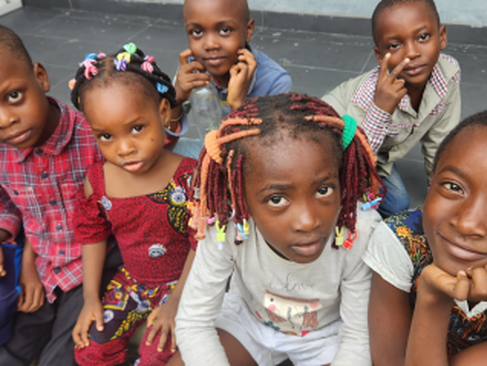
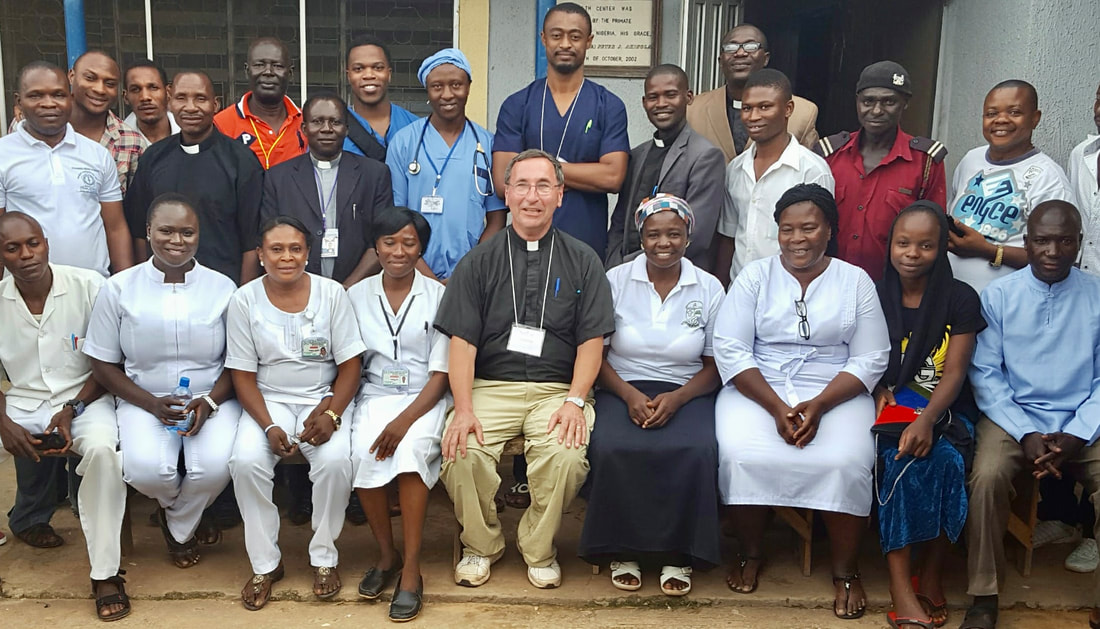

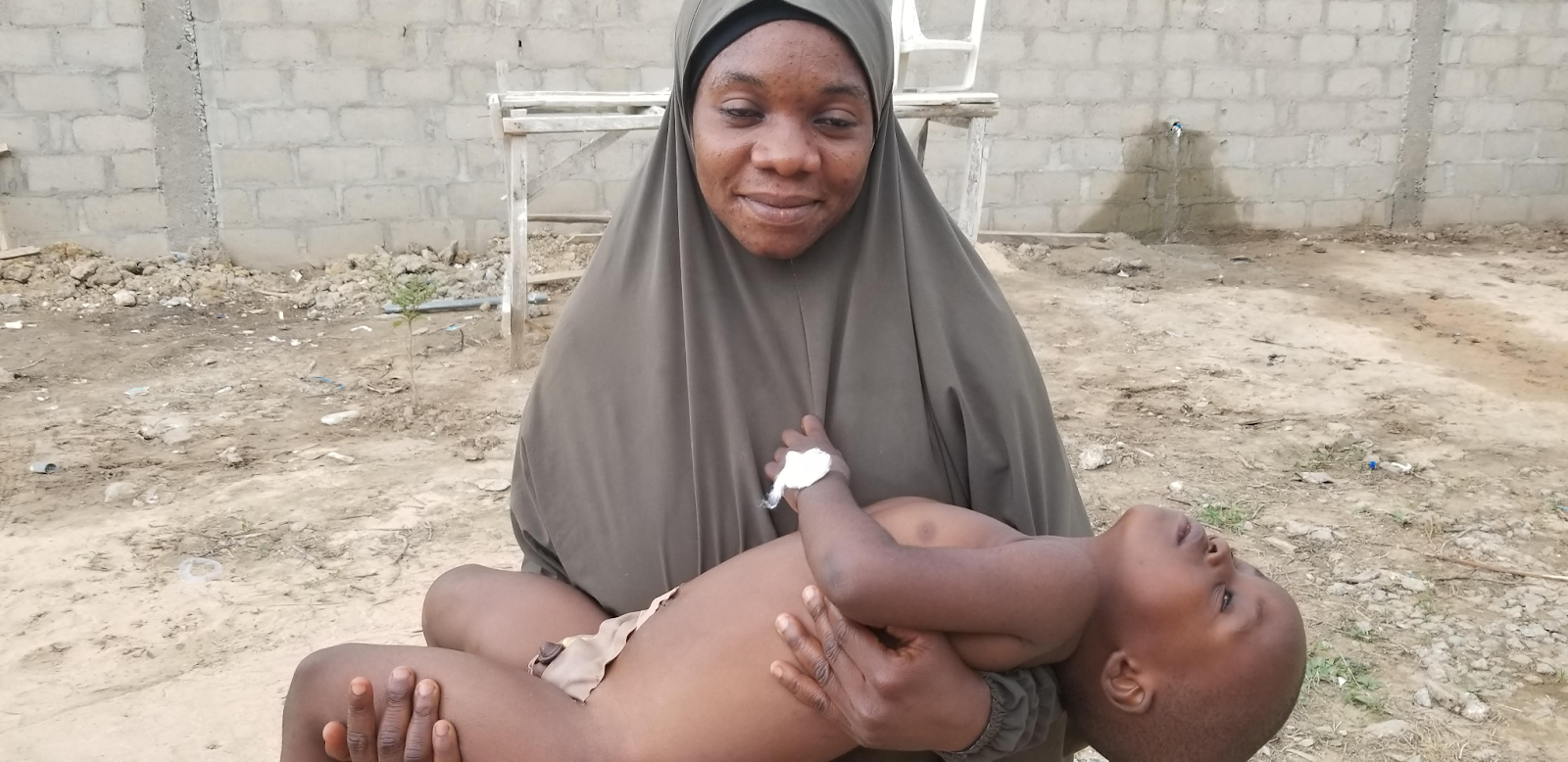
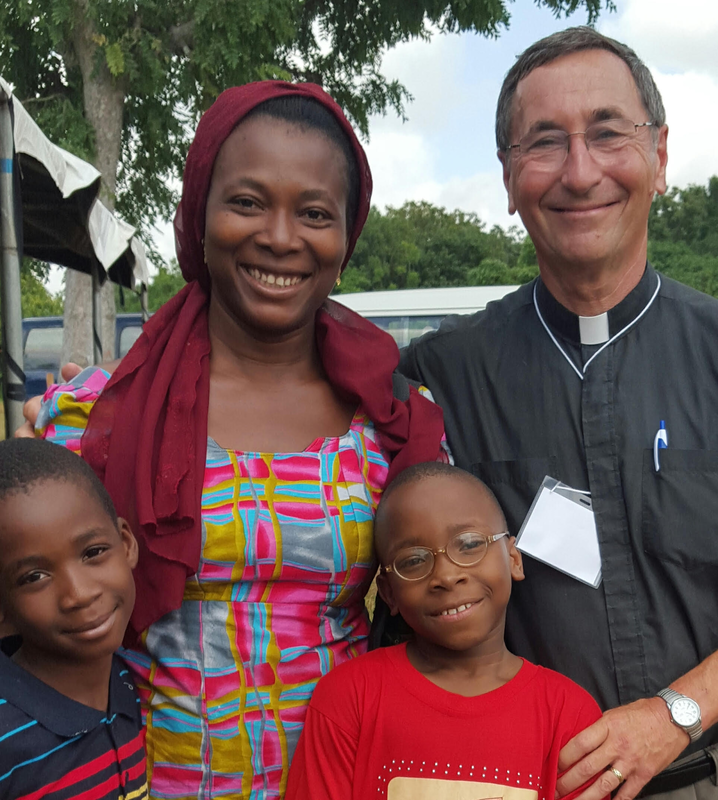
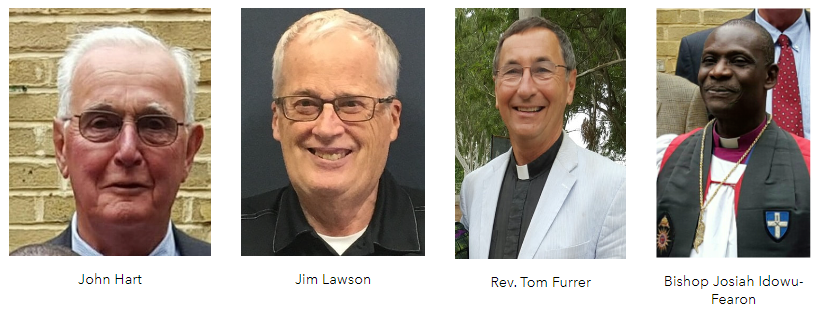

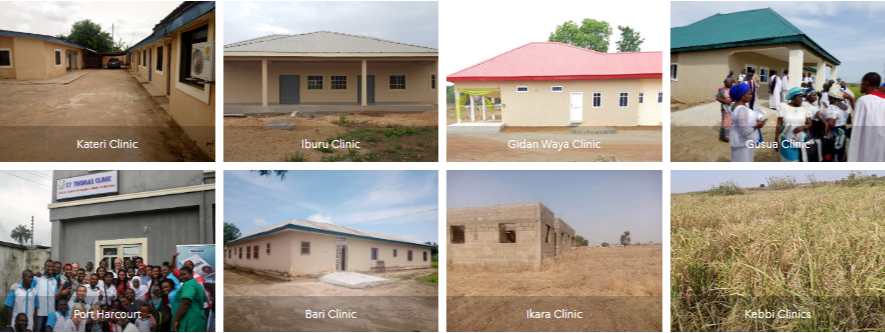
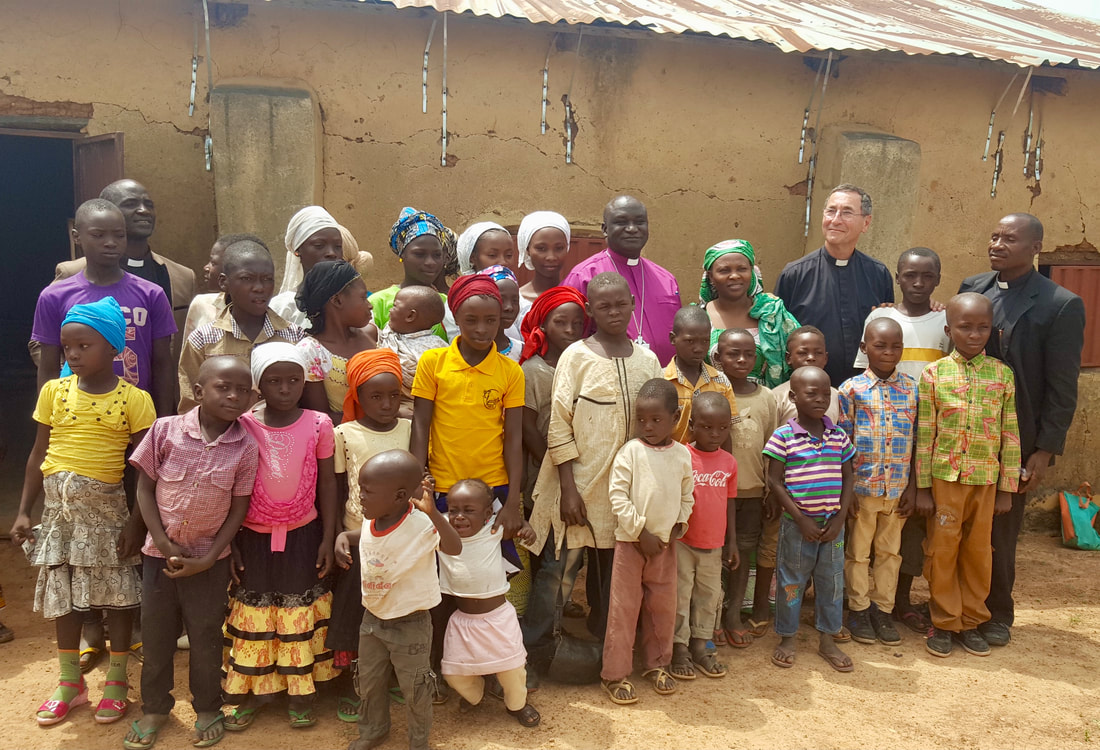
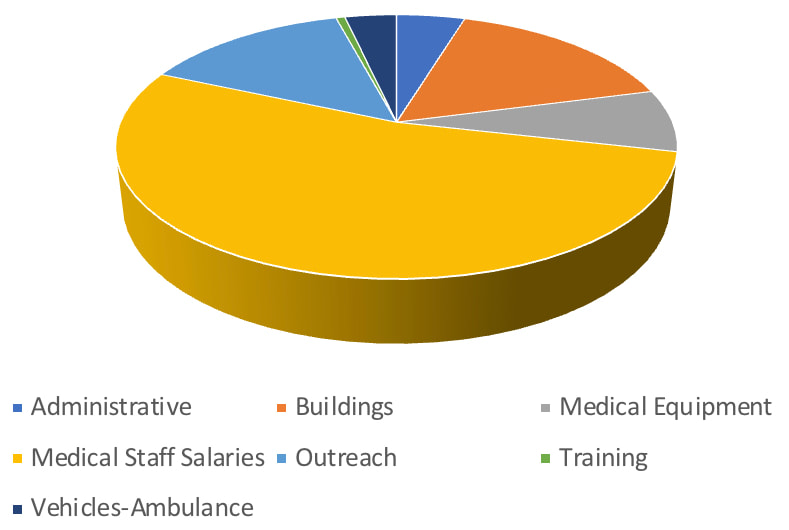
 RSS Feed
RSS Feed
